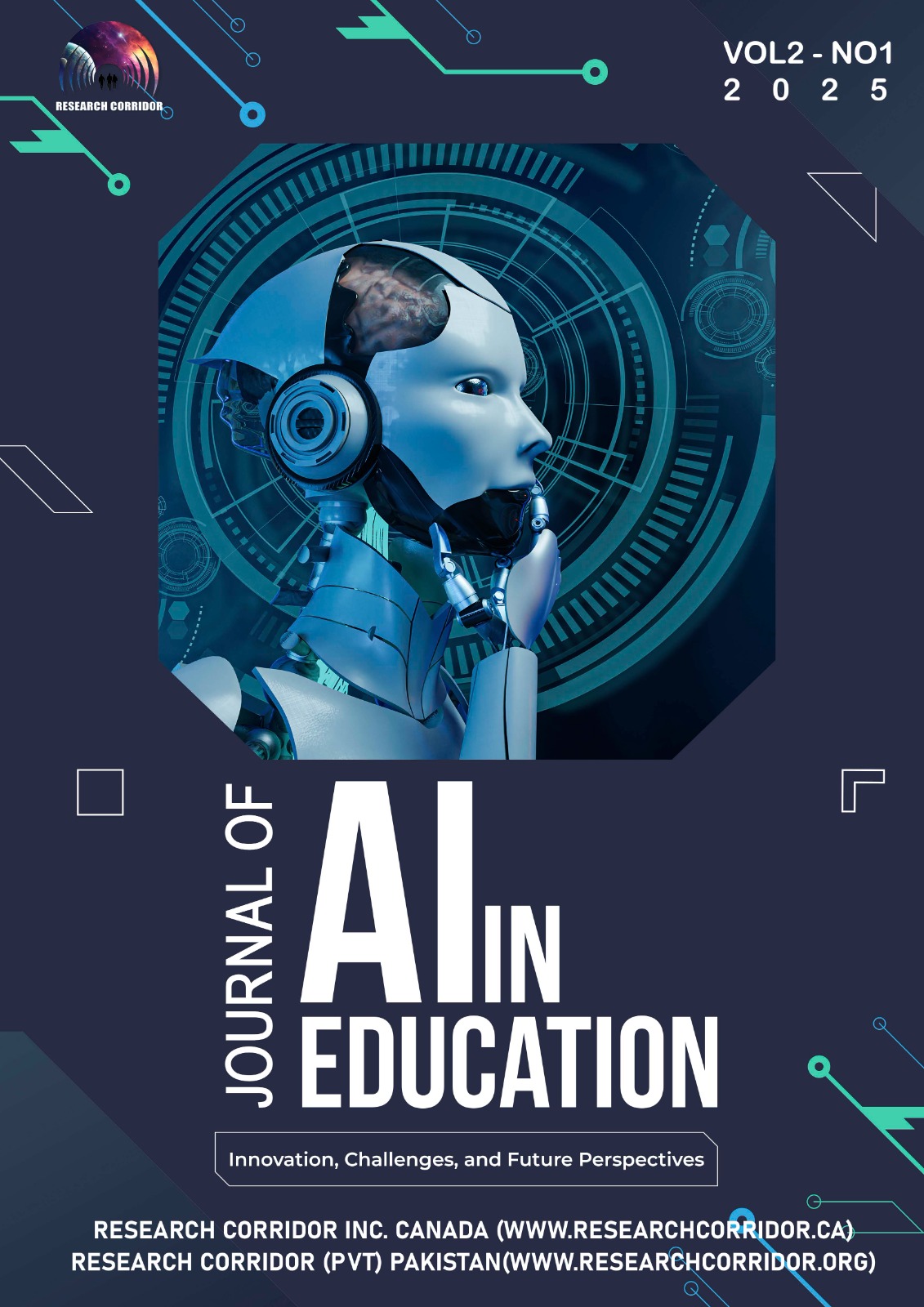Ethical AI in Education: Addressing Bias, Privacy, and Equity in AI-Driven Learning Systems
Keywords:
Ethical AI, Bias in AI, Privacy in Education, AI-Driven Learning, Equity in Education, Algorithmic Fairness, Data Protection, Digital Divide, Inclusive AI, Responsible AI.Abstract
The integration of Artificial Intelligence (AI) in education has revolutionized learning systems, offering personalized instruction, intelligent tutoring, and data-driven decision-making. However, ethical concerns such as algorithmic bias, data privacy, and equity in AI-driven learning environments remain critical challenges (Williamson & Eynon, 2020). Algorithmic bias can lead to discriminatory learning experiences, disproportionately affecting underrepresented students (Selwyn, 2019). Privacy concerns arise from the extensive collection of student data, necessitating robust data protection frameworks (Holmes et al., 2019). Equity in AI-driven education requires addressing the digital divide, ensuring that all students, regardless of socioeconomic background, have access to AI-enhanced learning tools (Luckin, 2017).
This study explores ethical AI implementation in education, emphasizing bias mitigation strategies, privacy protection policies, and equitable access to AI-driven learning. The paper examines case studies and recent research on how AI systems can be designed to promote fairness, transparency, and inclusivity in educational settings (Siemens & Long, 2020). A multidisciplinary approach involving policymakers, educators, and technologists is essential to creating ethical AI frameworks that support diverse learners while minimizing risks associated with data security and biased algorithms (Schmid et al., 2021). By fostering responsible AI practices, educational institutions can ensure that AI serves as a tool for enhancing learning experiences without reinforcing social and economic disparities (Aoun, 2017).





